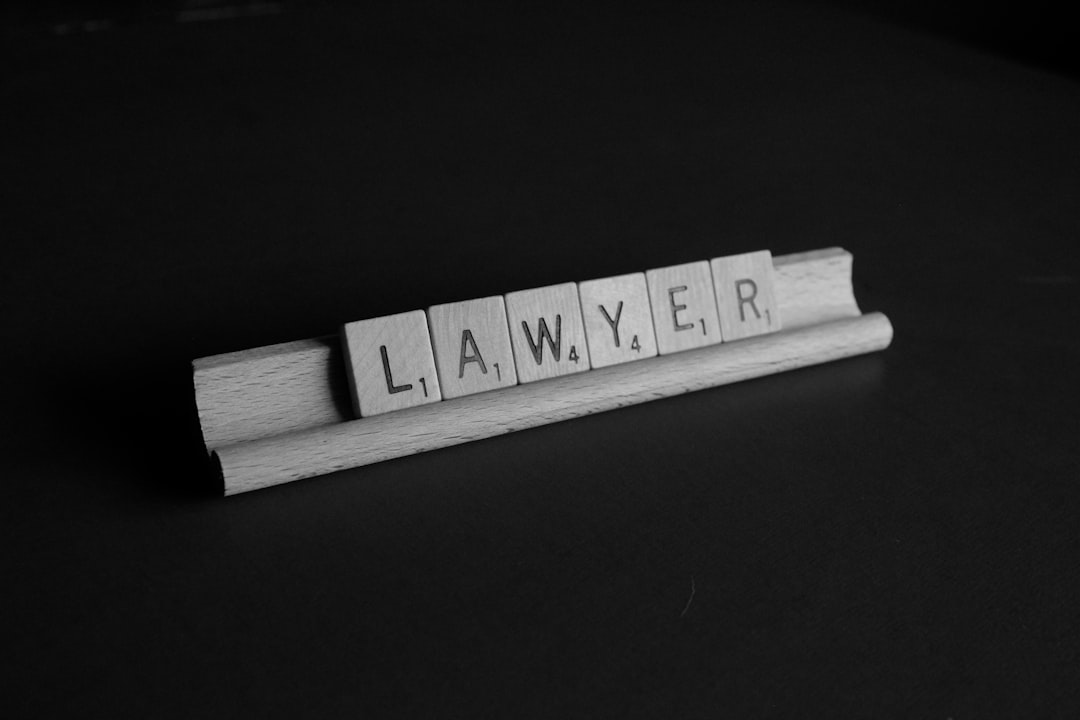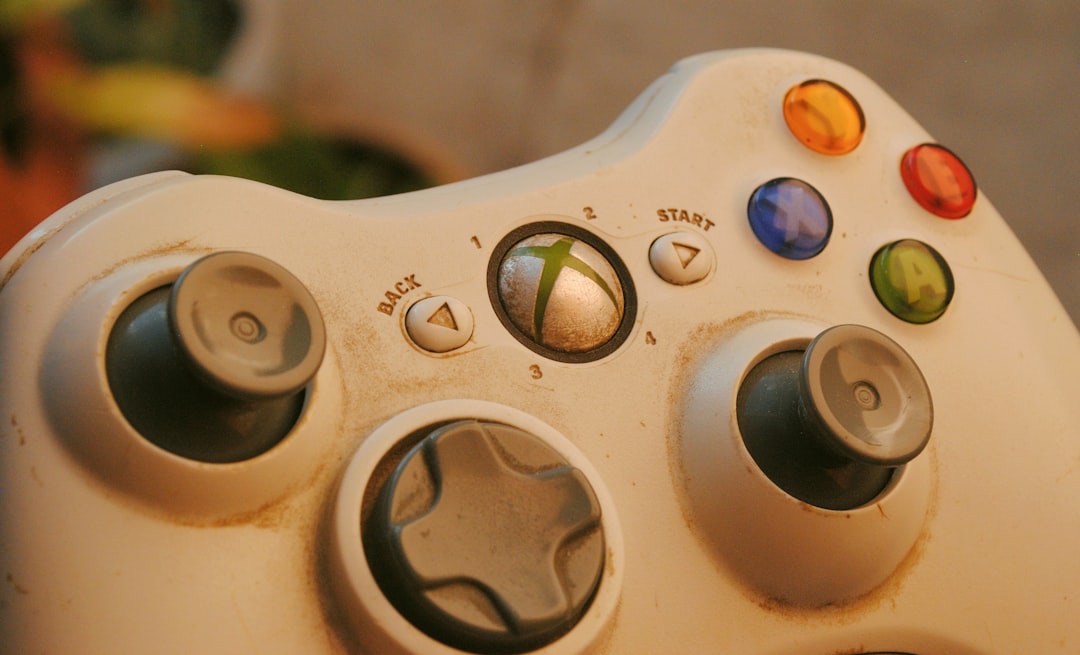The Grand Theft Auto (GTA) video game series, developed by Rockstar Games, has long been lauded for its immersive environments, compelling storytelling, and its unapologetically realistic depiction of modern life—including crime. One of the key features contributing to the franchise’s realism is its arsenal of in-game weapons, which are modeled closely after real-life firearms. However, while players often recognize the appearance and functionality of these weapons, they may notice that the names don’t quite match their real-world counterparts. This raises the question: Does Rockstar Games avoid copyright or legal issues by changing the names of guns in GTA?
TLDR
Rockstar changes the names of guns in GTA primarily to avoid legal issues related to trademarks, not copyrights. Firearm designs may be protected by patents or trademarks, and using real brand names can require licensing. The use of fictional names, even when guns mimic real weapons in appearance and function, helps the developers sidestep potential lawsuits. It’s a form of legal and creative self-protection rather than a simple game design choice.
Game Design and Gun Realism
The GTA series is known for its attention to detail, including vehicles, buildings, and especially weapons. Players often comment on how closely a particular pistol resembles a Glock or how a submachine gun functions like a real-world Uzi. These visual and functional similarities are intentional, designed to provide a level of realism that matches the tone of the game.
However, when players browse weapon options in the game menus, they rarely see names like “Glock,” “Remington,” or “AK-47.” Instead, names like “Combat Pistol,” “Carbine Rifle,” and “Advanced Rifle” are used. These generic-sounding names help avoid direct connections to real-life manufacturers.

Trademarks vs. Copyrights
To understand why GTA avoids using real gun names, it’s important to differentiate between copyrights and trademarks.
- Copyright protects original works of authorship—such as books, music, movies, and artworks—but does not generally cover the functional design of objects like guns.
- Trademarks, on the other hand, protect brand names, logos, and any signifiers of a particular product’s commercial source.
Since firearm companies invest heavily in branding, the names of weapons—like “Glock 17” or “Colt M1911″—are trademarked. Unauthorized use of these names in a commercial product, like a video game, could be seen as trademark infringement, especially if it implies endorsement or association with the company that owns the trademark.
Real-Life Legal Cases Set the Tone
In the past, firearm manufacturers have taken legal action against entertainment or toy companies for using their brand without permission. For example, Heckler & Koch, the German firearm manufacturer, has sent cease and desist letters to companies using unauthorized replicas of their guns in toys and game paraphernalia. This has led to a cautious approach among game developers, including Rockstar.
By modifying the gun names and removing brand insignias, Rockstar not only avoids direct trademark infringement but also avoids giving the impression that their game is endorsed by any firearm maker. This is particularly important when considering the violent nature of GTA and the controversial themes it explores.
Creative Freedom and Legal Safety
Using fictional names grants Rockstar the creative flexibility to tweak gun attributes without being tied down to actual firearm specs. It also minimizes the risk of lawsuits that could be based on defamation or damaging a brand’s reputation by association.
Instead of licensing real weapons—which would be a costly and complex process—Rockstar chooses to create likenesses that echo reality but stay on the legal side of the fence. This approach has become a trend among many major game developers and is seen in franchises like Call of Duty and Battlefield as well.
Are Firearm Designs Protected?
Another legal consideration is whether the physical design of a firearm is protected. While functionality cannot be copyrighted, unique design elements can be patented. However, in many countries—including the U.S.—those patents expire after around 15 to 20 years. With many iconic guns being decades old, their designs often fall into the public domain in terms of functionality.
That said, brand identifiers and logos remain protected as trademarks. Even if Rockstar mimics the design of a gun down to the last screw, renaming it and removing any logos or branding elements offers them a layer of protection.
The Ethical Dimensions
Aside from legality, there’s an ethical and public relations component. Given the ongoing debate over gun violence and video games’ alleged influence on behavior, gun manufacturers might not want to be associated with games like GTA. Rockstar, in response, likely takes extra steps to ensure that no unintentional endorsement is implied—either for ethical reasons or simply to avoid negative PR—by shunning real firearm names.

Rockstar’s Strategy in Practice
Here are some popular GTA weapons and their likely real-world counterparts:
- Combat Pistol – Resembles the Glock 17
- Carbine Rifle – Looks like the M4A1 assault rifle
- Bullpup Rifle – Mimics the design of the FAMAS
- Heavy Sniper – Comparable to the Barrett M82
By renaming these familiar weapons, Rockstar ensures that the game feels authentic without crossing the lines of legal liability. It’s a balancing act that requires close collaboration between the creative and legal departments during each stage of development.
Conclusion
GTA avoids using real gun names not to dodge copyright laws, but primarily to sidestep trademark issues and the potential legal consequences of unauthorized brand use. While weapons in the game closely mirror their real-world inspirations in design and function, altering the name removes direct ties and offers legal insulation.
This strategy allows Rockstar to maintain the realism its players expect while avoiding the need for licensing agreements or risking trademark disputes. Ultimately, it’s a calculated move that benefits both creative design and legal safety.
FAQ
- Q: Are gun names copyright-protected?
A: No, gun names are typically protected under trademark law, not copyright law. Gun designs may be covered by patents. - Q: Has Rockstar ever been sued for using real gun names?
A: Not publicly, likely because they avoid using real trademarks in the first place. - Q: Could Rockstar get permission to use real gun names?
A: Yes, but it would require licensing agreements with manufacturers, which might not be desirable or even possible given the nature of GTA games. - Q: Do other games also avoid real weapon names?
A: Some do and some don’t. Games like Call of Duty sometimes use real names under license, while others take the same path as GTA by using fictional names. - Q: Is it legal to depict real weapons in a realistic way without naming them?
A: Generally, yes—especially if no trademarks or logos are shown. Visual similarity alone is often not enough to constitute infringement.
 logo
logo



